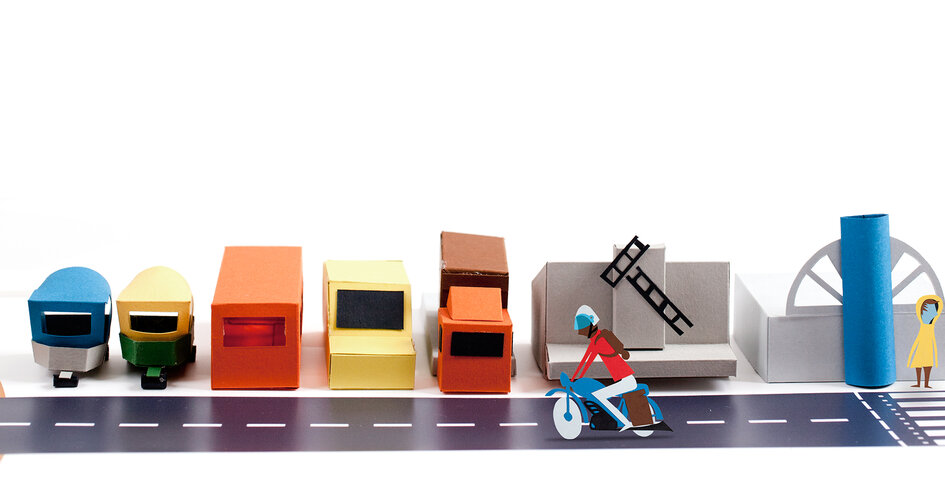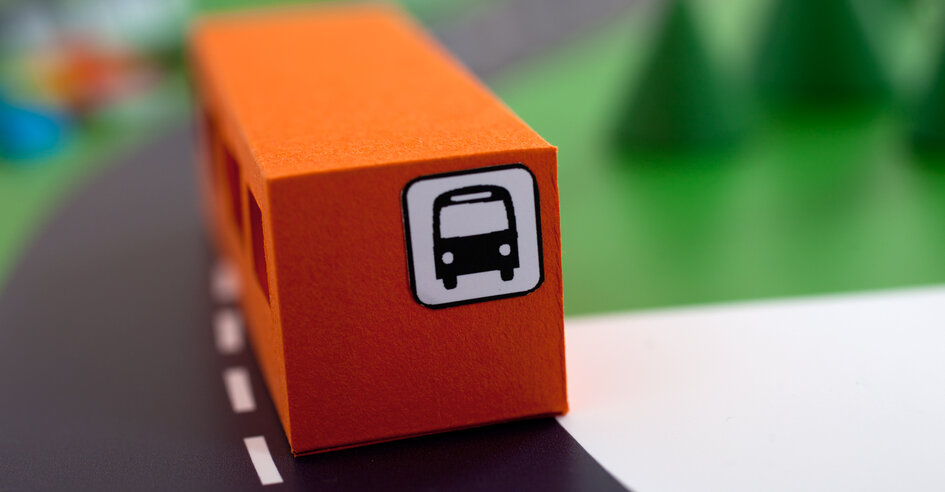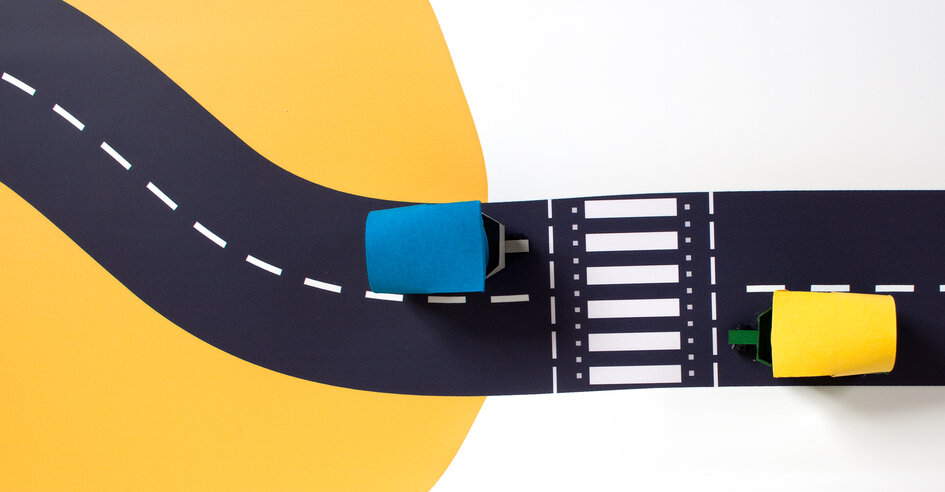
Winter and festive season road safety tips – stay safe this Xmas
In a big proportion of the world, the end of year festive season is a time of holidays, family, friends and often crazy weather conditions. Unless you’re in the Western Pacific or deep in Asia, a lot of the world will be experiencing intense cold weather and perhaps even snow. (Who’s dreaming of a white Christmas?).
During the holiday period, many of us also have time off work and spend time with our loved ones and sometimes, this means more drink – but don’t forget road safety!

We have gathered some tips from some of the leading road safety adivsories including RoSPA and AAA.
We need to adapt the way we drive during the winter and be prepared for journeys that may take us through very varied weather, road and traffic conditions. When we have prolonged periods of snow, we tend to see a fall in the overall number of road casualties because fewer people take to the roads. Of course, accidents still happen at these times, and weather conditions can play a part.
Prepare your vehicle
It’s a good idea to have your vehicle fully serviced before winter starts and have the anti-freeze tested. If you can’t have it serviced, then do your own checks. In particular, check:
- Lights are clean and working
- Battery is fully charged
- Windscreen, wiper blades and other windows are clean and the washer bottle filled with screen wash
- Tyre condition, tread depth and pressure (of all the tyres, including the spare)
- Brakes are working well
- Fluids are kept topped up, especially windscreen wash (to the correct concentration to prevent it freezing), anti-freeze and oil
It’s also a good idea to stock up on de-icer, windscreen wash, oil and anti-freeze at the start of Winter.

Emergency Kit
When extreme weather is possible, keep an emergency kit in your car, especially if you’re going on a long journey. If this seems unnecessary, take a moment to imagine yourself stranded in your car overnight, due to a snow storm or floods. How would you stay warm? What would you eat and drink?
Prepare your journey
Listen to local/national weather broadcasts and travel bulletins – especially for the areas you will be driving through. As conditions can change rapidly, check them regularly and be prepared to change your plans if conditions on your route worsen.
If conditions are very bad, and the emergency services are recommending that people don’t travel, then avoid making your journey unless it is absolutely necessary. Can you postpone your trip? Can you travel by other means, or avoid the need for the journey completely by using the phone or email?
Of course, what’s ‘essential’ to one person may not be to another; we each have to make our own decisions according to our circumstances. But, try to be realistic about which journeys are essential and which ones could be postponed.
If you decide you really must travel:
- let someone know where you are going and what time you hope to arrive, so that they can raise the alarm if you get into difficulties.
- Plan alternative routes in case your main choice(s) becomes impassable.
- Keep your fuel tank near to full to ensure that you do not run out.
- Make sure you have a fully charged mobile phone, so you can call for help or alert someone if you’re delayed – it could be a long walk to a phone, if you don’t have a mobile phone.
- If you don’t have an emergency kit in your vehicle, at least take extra warm clothes, boots and a torch. Consider keeping a couple of long-life energy bars in the glove box.
- Clear your windows and mirrors completely of snow and ice before you set off (make sure the heater is blowing warm air before setting off – it will keep your windscreen clear.)
Drunk driving is a major contributory factor to road crashes and road deaths in the world. If you going to a Christmas party and plan to indulge in a drink or two and get merry, don’t drive. Stay the night or plan a safe alternative to get home such as a cab or designated driver who does not drink all night. Did you know that even in the morning after you have slept you could still be drunk and over the limit? Read more about how drinking is absorbed into the body and how the body passes the alcohol with this calculator. This also goes for drugs too!














